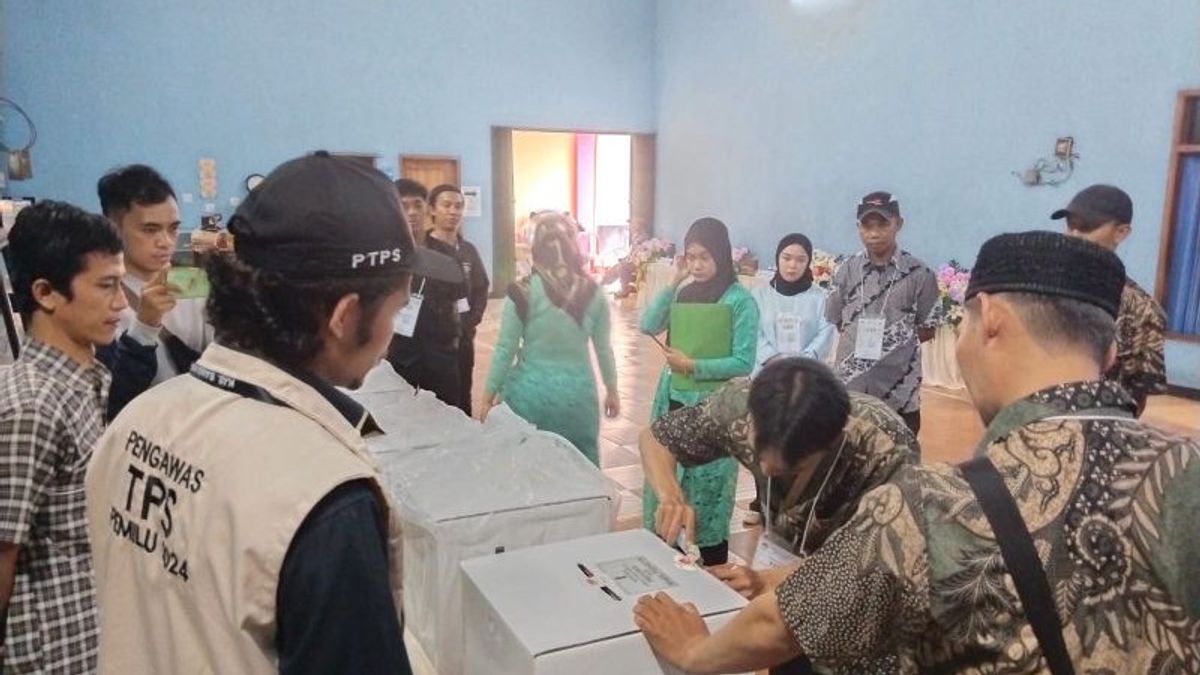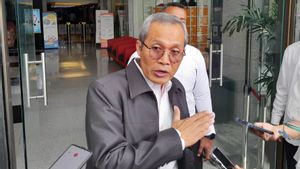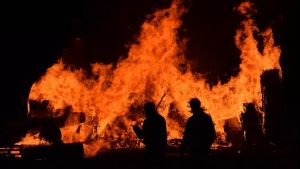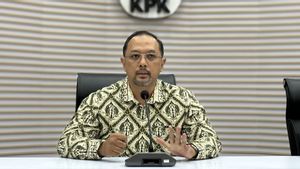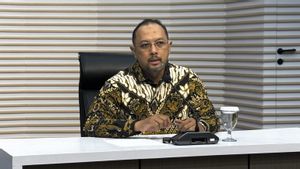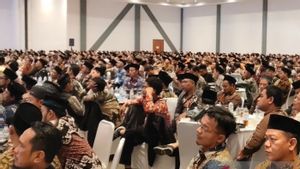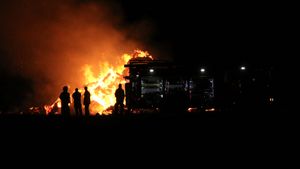JAKARTA - The Election Supervisory Agency (Bawaslu) of West Java Province (Jabar) has mapped 25 indicators of potential polling stations (TPS) that are prone to the aim of preventing violations at polling stations in the 2024 Pilkada.
Of the 25 indicators of potential vulnerability, the details of the 10 most violations occurred, 10 occurred, and five indicators were not much but needed to be anticipated.
"Mapping of vulnerabilities is carried out on eight variables and 25 indicators of 5,957 sub-districts/villages and 73,862 polling stations in 27 districts/cities, which report vulnerabilities of polling stations in their area," said the Coordinator of the Prevention and Participation Division of the Bawaslu Community. West Java Province Nuryamah in Bandung, Wednesday, November 20, confiscated by Antara.
This vulnerable TPS data collection, he said, was for 6 days, from 10 to 15 November 2024.
Variables and indicators of potential TPS are vulnerable, namely: first, the use of voting rights (Unqualified DPT, DPTb, potential DPK, election organizers outside of domicile, disabled voters registered with DPT or PSU History/PSSU).
Second, security (the history of violence, intimidation or rejection of voting); third, money politics; fourth, SARA politicization; fifth, neutrality (election organizers, ASN, TNI/Polri, village heads, and village officials).
Sixth, logistics (power of damage, deficiencies, advantages or delays); seventh, polling stations (hard to reach, prone to conflict, prone to disasters, close to educational institutions, factories, mining, close to the home of Paslon or campaign team posts); eighth, electricity and internet networks.
As a result, continued Nuryamah, the 10 indicators of the potential for vulnerable TPS occurred the most at 14,760 polling stations. At this polling station, there are disabled voters registered with the DPT there.
Next at 13,413 polling stations where DPT voters are no longer eligible, at 7,675 polling stations where there are transfer voters (DPTb), and at 3,922 polling stations where they work.
At 1,856 polling stations where the potential for voters meets the requirements, but is not registered with the DPT (DPK potential), then at 1,802 polling stations where there are internet network problems at the TPS location.
Furthermore, at 1,402 polling stations established in disaster-prone areas, then at 908 polling stations near educational institutions whose students have the potential to have the right to vote, then at 861 polling stations near the home of candidate pairs or campaign team posts.
"In 604 polling stations that have a history of deficiencies or advantages and even no voting logistics and vote count are available during the election," he said.
SEE ALSO:
For 10 potential vulnerable indicators, he continued, many of the 533 polling stations were difficult to reach (geography and weather), 288 polling stations were established in conflict-prone areas, 285 polling stations near working areas (mining, factories), 279 polling stations had a history of the practice of giving money or other materials that did not comply with the provisions during the campaign period around the polling station location.
Furthermore, at 256 polling stations with electricity constraints at polling stations, as many as 194 polling stations have a history of delays in the distribution of voting logistics and vote counting at polling stations (maximum H-1) during elections, recorded at 191 polling stations with a history of voting logistics and vote counting being damaged at polling stations during elections.
A total of 177 polling stations have a history of intimidation against election organizers, 167 polling stations have a history of violence at polling stations, and 138 polling stations with a history of re-voting (PSU) and/or recounting ballots (PSSU).
He also mentioned five indicators of potential for vulnerable TPS that did not happen much, but needed to anticipate it, namely 63 polling stations in special locations, 51 polling stations with KPPS officers campaigning for candidate pairs, and 37 polling stations with a history of ASN, TNI/Polri, village officials taking action or activities that are profitable or detrimental to candidate pairs.
It was recorded at 16 polling stations that had a history of insulting or inciting practices among voters related to religious, ethnic, racial, and intergroup issues around the TPS location as well as three polling stations that had a history of rejection of voting.
The English, Chinese, Japanese, Arabic, and French versions are automatically generated by the AI. So there may still be inaccuracies in translating, please always see Indonesian as our main language. (system supported by DigitalSiber.id)
